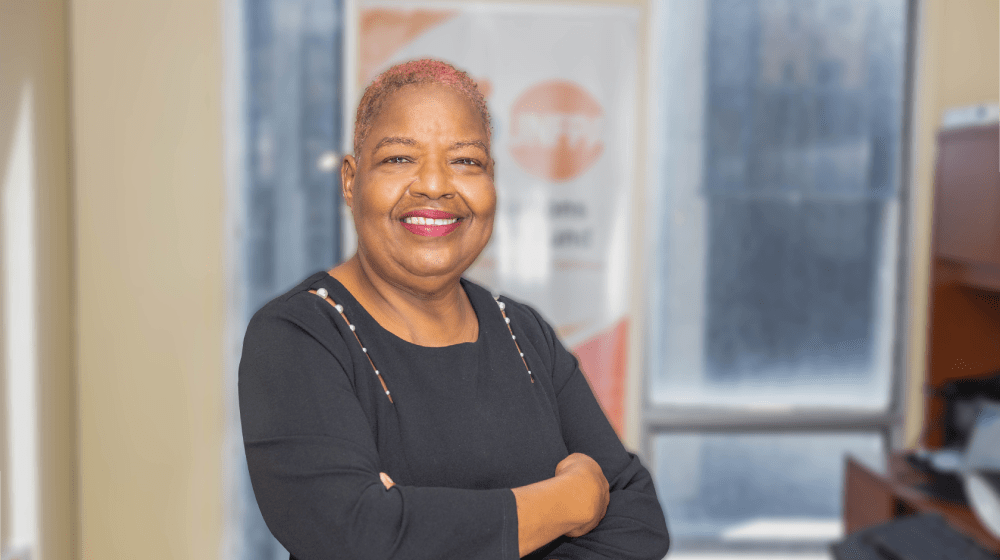Forty-Four (44%) of women can’t make choices about their reproductive health, contraception and whether to have sex. As few as one in four women across low and middle income countries are realizing their desired fertility. Nearly one third of women have experienced intimate partner violence, non-partner sexual violence or both. Women are not machines for reproduction and every person should be empowered to create the family and future of their choosing.
Women and girls make up 49.7% of the global population. Yet their desires for their lives, families and careers are often ignored in discussions on demographics and their rights violated in population policies. The result is a world that excludes, marginalizes and limits the potential of every other person on the planet – a problem that will prevent all of us, not just women and girls, from experiencing a more prosperous, peaceful and sustainable future.
At the root of this problem is gender inequality. Gender inequality is harmful and violates the rights and choices of women and girls. This pervasive injustice keeps women and girls out of schools, the workforce and leadership positions. It limits their ability to make decisions about their health and reproductive lives, often leading to discrepancies between desired and achieved fertility. It also heightens the vulnerability of women and girls to violence, harmful practices and preventable maternal death, with a woman dying every two minutes due to pregnancy or childbirth.
In 2022 the global population reached 8 billion. Were all these births intended? Were the mothers able to plan their pregnancies? “8 billion people can be equivalent to 8 billion opportunities” Yes, our family has grown; we are 8 billion strong and this is the largest the world’s population has ever been.
Yet alarmist rhetoric is circulating, often blaming fertility rates. Are there too many people? Too few? We must move past narratives of “too many” or “too few”. These are the wrong questions. Instead, we should ask whether women are able to make their own reproductive choices. The answer, often, is no.
The objective of World Population Day, which is observed on 11th July each year, is to highlight the need to advance gender equality to help realize the dreams of all 8 billion of us. How do we do this? The process starts by listening to the voices of women and girls and introducing laws and policies that enable them to exert their rights and make meaningful choices regarding children and their families.
UNFPA has been bringing its data, experience and stories to support the 10-year-old girl in a world of 8 billion through a variety of means. Addressing gender inequality stands at the heart of all UNFPA’s work. Attempts to restrict reproductive rights do not work; instead, these interventions universally backfire, harming societies as a whole, and women, girls and marginalized groups in particular. Population is, essentially, human beings and we must structure our societies to meet the needs of our population as it continues to experience inevitable change.
We must advance gender equality to create a more just, resilient and sustainable world of infinite possibilities. When women and girls are empowered to choose if and when to build families, communities and societies become stronger and healthier. The creativity, ingenuity, resources and power of half the planet’s population are fundamental to addressing demographic and other challenges that threaten our future, including climate change and conflict. It is worth mentioning that women play a powerful role in advancing consensus and building peace at all levels.
What women and girls want matters - everywhere, in development and humanitarian settings, online and offline. We must listen to the voices of women, girls and other marginalized people to understand the challenges they face in realizing their dreams and potential. Often times, gendered economic barriers and challenges to women’s sexual and reproductive health and rights, including lack of access to contraceptives, prevent women from creating the families they want – representing a violation of their bodily autonomy that threatens our global, shared future. Governments must fortify the rights of women and girls and their ability to make choices with laws and policies to ensure a more inclusive and resilient global population.
Investing in gender equality today is an investment in our shared future. Empowering women and girls to exert their rights and make decisions, especially over their bodily autonomy, will have the knock-on effect of building a better world in which more people are able to live free from violence and fulfill their potential. Women’s rights are human rights; therefore, advancing gender equality will safeguard essential protections to a greater degree than ever before.
Remember when we invest in people and their potential, in their rights and choices, all of humanity benefits.
Therefore, this 11th day of July, join us in celebrating World Population Day, and let’s also engage all year long in investing in gender equality by ensuring access to family planning and reproductive health commodities. UNFPA, as the UN agency responsible for sexual and reproductive health, remains committed to helping the Caribbean through deliberate, strategic and collaborative actions that will lead to a world where every pregnancy is wanted, every childbirth is safe and every young person’s potential is fulfilled.


